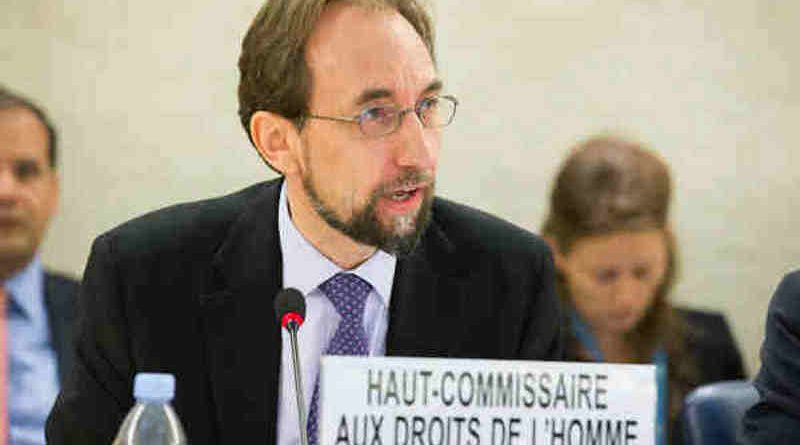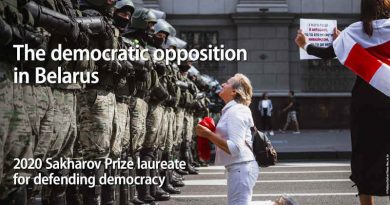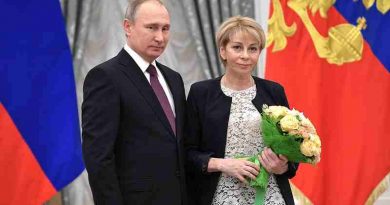UN Reports Human Rights Violations in ‘Russian-Occupied’ Crimea

The human rights situation in Crimea* has significantly deteriorated under Russian occupation, with “multiple and grave violations” committed by Russian state agents, according to a report released Monday by the UN Human Rights Office.
“Grave human rights violations, such as arbitrary arrests and detentions, enforced disappearances, ill-treatment and torture, and at least one extra-judicial execution were documented,” the report reveals.
It reiterates that all residents of Crimea were affected when Ukrainian laws were substituted by those of the Russian Federation, and tens of thousands impacted by the imposition of Russian Federation citizenship.
These and other actions highlighted in the report have taken place in violation of international humanitarian and human rights law.
The report makes 20 recommendations to the Russian Government, urging it to respect its obligations as an occupying power, uphold human rights for all, and effectively investigate alleged torture, abductions and killings involving members of the security forces and Crimean self-defence.
“Failure to prosecute these acts and ensure accountability has denied victims proper remedy and strengthened impunity, potentially encouraging the continued perpetration of human rights violations,” the report continues.
It further says the imposition of Russian Federation citizenship had a particularly harsh impact on three groups: those who formally rejected citizenship; civil servants who had to renounce their Ukrainian citizenship or lose their jobs; and Crimean residents who did not meet the legal criteria for citizenship and became foreigners.
“Persons holding a residency permit and no Russian Federation citizenship do not enjoy equality before the law and are deprived of important rights,” the report says. “They cannot own agricultural land, vote and be elected, register a religious community, apply to hold a public meeting, hold positions in the public administration and re-register their private vehicle on the peninsula.”
“The citizenship issue has had a major impact on the lives of many residents of Crimea,” said UN High Commissioner for Human Rights Zeid Ra’ad Al Hussein.
“As the report states, imposing citizenship on the inhabitants of an occupied territory can be equated to compelling them to swear allegiance to a power they may consider as hostile, which is forbidden under the Fourth Geneva Convention,” Zeid added.
Hundreds of prisoners and pre-trial detainees have been transferred to the Russian Federation, the report says, despite the practice being strictly prohibited by international humanitarian law.
The detainees include Ukrainian filmmaker Oleh Sientsov, arrested in Simferopol in May 2014 and transferred to the Russian Federation the same month, before being convicted and incarcerated in a high-security penal colony in Siberia.
Some detainees were ill-treated, and at least three died after they did not receive the medical care they needed, the report says. It also highlights the severe impact of judicial and law enforcement changes introduced under Russian occupation.
Zeid stressed that it was critical for Russia to uphold human rights for all in Crimea as well as meeting its obligations as an occupying power. “The judiciary has failed to uphold the rule of law and exercise proper administration of justice. There is an urgent need for accountability for human rights violations and abuses and for providing the victims with redress,” he said.
*Full name: Autonomous Republic of Crimea and the city of Sevastopol (Crimea)





